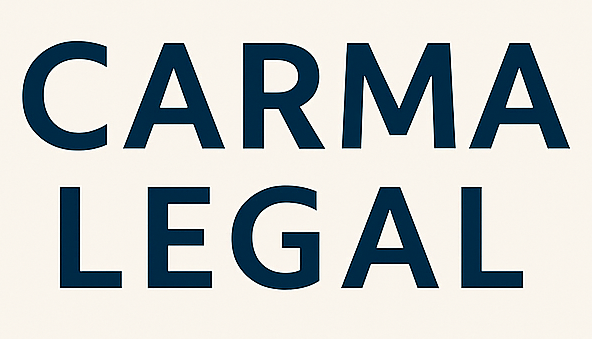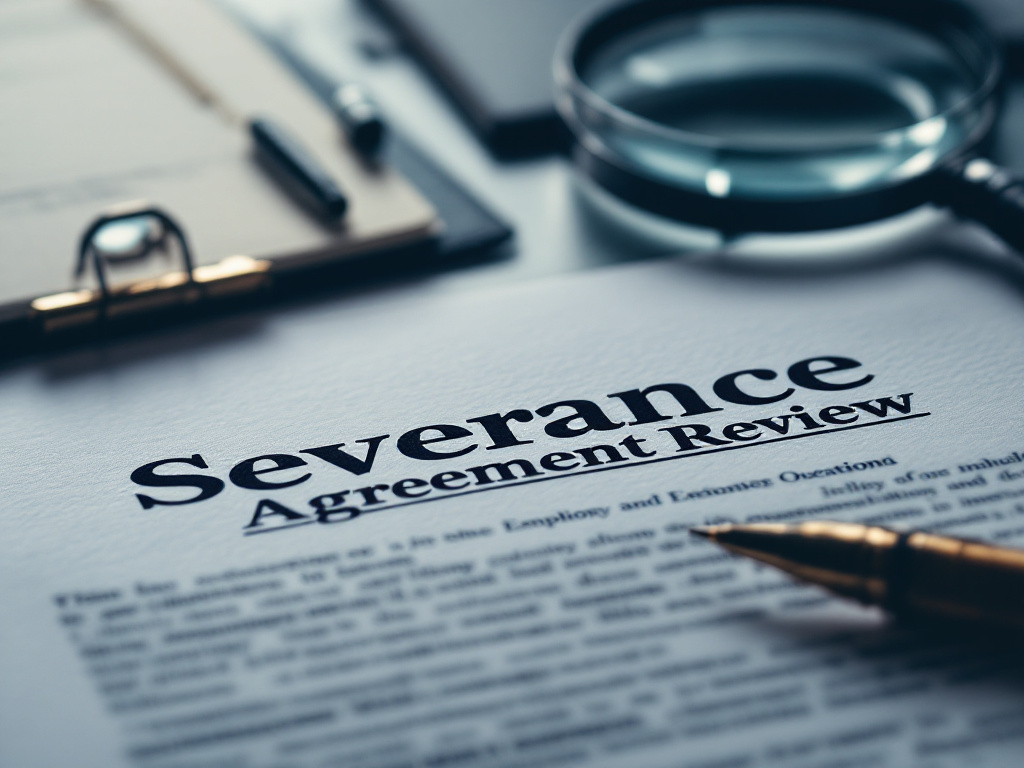Choosing the right semi-truck crash attorney can significantly impact your ability to recover compensation and navigate the complex legal process that follows a collision with a large commercial vehicle. While you may be familiar with finding a truck accident lawyer after a crash, semi-truck collisions often involve more intricate federal regulations, multiple liable parties, and stricter deadlines. With nearly 5,000 fatalities annually in large truck crashes, any collision with a semi can result in catastrophic injuries or worse [1]. Getting legal guidance as soon as possible helps protect your rights, preserve key evidence, and build a strong case. You may be facing mounting medical bills, lost wages, and physical or emotional trauma. Hiring experienced representation early not only levels the playing field with insurance companies but also maximizes your chances of securing fair compensation for your injuries and losses.
Understanding accident deadlines
After a serious collision, you must act quickly to preserve your legal rights. Every state sets a statute of limitations, a deadline by which you must file a personal injury lawsuit or forfeit the opportunity for compensation. While most states impose a two-year limit, some require you to file within one year of the crash. Claims against governmental entities often demand notice in as few as six months. As a result, you should consult an attorney immediately to confirm your deadline and begin the filing process.
Statute of limitations in your state
- Most jurisdictions allow two years from the date of injury to file a claim
- Certain states shorten the period to one year
- Actions against public agencies may require notice within six months to one year
- Your attorney will verify deadlines and handle all necessary filings
Importance of early action
When you delay contacting a lawyer, critical evidence can vanish. Witnesses may forget details or relocate. Physical evidence like skid marks or vehicle damage can be altered or removed. In addition, insurance companies often dispute claims more aggressively if they believe you waited too long to seek representation. By engaging legal counsel promptly, you ensure a thorough investigation, timely preservation of evidence, and compliance with all procedural requirements.
Gathering essential evidence
A successful claim hinges on strong evidence. Your attorney will guide you through the process of collecting, analyzing, and preserving proof to support your case.
What evidence to collect
- Police accident report and diagram
- Photographs and video recordings of the scene, vehicles, and injuries
- Commercial driver logs and electronic logging device (ELD) data
- Event data recorder (black box) information
- Truck inspection and maintenance records
- Medical records and bills related to your treatment
- Pay stubs and employment documents for lost-wage claims
- Eyewitness statements and contact information
- Correspondence with insurance companies
Working with investigators
Attorneys specializing in truck collisions often partner with accident reconstruction experts, forensic engineers, and industry consultants. These professionals can analyze skid marks, brake systems, vehicle weight distribution, and driver fatigue factors. By integrating expert testimony into your case, you strengthen your position during settlement negotiations or at trial.
Identifying liable parties
Trucking accidents frequently involve multiple defendants, each potentially responsible for different aspects of a crash. Pinpointing all liable parties is crucial to recovering full compensation.
Common defendants in truck cases
- Truck driver or operator
- Trucking company or motor carrier
- Freight brokers and cargo loaders
- Vehicle and parts manufacturers
- Government agencies or contractors for road maintenance
Insurance policies may vary, so your attorney will examine contracts and coverage limits to identify every potential source of compensation [2].
Multi-party liability scenarios
In some cases, a defective brake system manufacturer may share liability with the driver and carrier. Under respondeat superior, the trucking employer can be held responsible for the actions of its driver. Alternatively, independent contractors or lessors of the semi-truck may also bear fault. Your attorney will develop a strategy to pursue claims against all responsible entities.
Navigating claim complexities
Semi-truck collision claims differ from standard car accidents. You face a web of federal rules, multiple insurance policies, and large liability caps.
Federal trucking regulations
The Federal Motor Carrier Safety Administration enforces rules in Title 49 of the Code of Federal Regulations covering hours of service, vehicle inspections, and weight limits. Violations—such as exceeding drive time or failing to perform proper maintenance—can establish negligence and enhance your claim [3].
Insurance coverage issues
Large trucks often carry primary, excess, and umbrella liability policies. Navigating multiple insurers is complex:
- Primary liability may cover up to a few million dollars
- Excess policies provide additional layers of coverage
- Umbrella policies extend limits further
Insurance adjusters may dispute which policy applies or attempt to minimize payouts. Most commercial truck accident claims settle rather than go to trial, as both sides prefer to avoid prolonged litigation [4]. A knowledgeable attorney will coordinate coverage details and push for maximum recovery.
Evaluating attorney qualifications
When assessing your legal representation, focus on expertise in semi-truck cases and the resources available to support complex litigation.
Experience with truck claims
Select a lawyer or law firm that handles semi-truck collisions regularly. Look for:
- A track record of multimillion-dollar settlements or verdicts
- Familiarity with federal and state trucking regulations
- Success in cases involving electronic logging devices and black box data
If your crash involved a large cargo rig, you may benefit from an 18 wheeler accident lawyer or a best truck accident attorney to address unique challenges.
Resources and support staff
Robust truck accident cases require:
- Accident reconstruction specialists
- Medical and vocational experts
- In-house investigators and paralegals
- Litigation budget for expert reports and depositions
A law firm with these resources can handle every facet of your claim, allowing you to focus on recovery.
Preparing for consultations
Your initial meetings with potential attorneys lay the groundwork for a strong partnership. Preparation ensures you can make an informed decision.
Questions to ask attorneys
- How many semi-truck cases have you handled and what were the outcomes
- Who will manage day-to-day aspects of my case
- What investigators or experts do you work with
- How do you structure your fees and retainer
- What is your communication process and typical response time
Documents to bring
- Police report and incident number
- Medical records, bills, and treatment summaries
- Insurance correspondence and claim numbers
- Photographs, videos, and witness contact details
- Pay stubs and documentation of missed work
- Notes on conversations with insurers
Estimating potential compensation
A clear understanding of recoverable damages helps set realistic expectations and supports settlement negotiations.
Types of recoverable damages
| Damage type | Description | Example |
|---|---|---|
| Medical expenses | Costs for treatment and rehabilitation | Hospital bills, therapy, medication |
| Lost wages | Income lost due to inability to work | Salary, bonuses, lost benefits |
| Property damage | Repair or replacement of your vehicle | Towing, collision repairs |
| Pain and suffering | Physical and emotional distress | Chronic pain, insomnia, anxiety |
| Punitive damages | Awards to punish egregious conduct | Cases involving gross negligence or DUI |
For a detailed overview of damages calculation, see our guide on compensation for car accident injuries.
Factors affecting settlement value
Several elements influence the size of your recovery:
- Severity and permanence of injuries
- Degree of fault or comparative negligence
- Strength of evidence and expert testimony
- Policy limits and availability of excess coverage
- Jurisdictional attitudes toward large verdicts
Initiating legal representation
Once you decide on representation, the process moves forward with clear steps to pursue your claim.
Retainer agreements and fees
Most truck accident lawyers work on a contingency fee basis, meaning:
- You pay no upfront legal fees
- The attorney’s fee is a percentage of any recovery
- You avoid out-of-pocket costs for investigations and experts
Review the retainer agreement carefully to understand fee percentages, expenses, and termination provisions.
Next steps after hiring
After you sign the retainer:
- Your lawyer files necessary notices and lawsuits before deadlines
- Investigators collect evidence and reconstruct the crash
- Medical experts evaluate long-term care needs
- Demand letters are sent to insurers to begin settlement talks
- Your attorney negotiates with insurance companies or prepares for trial
Facing the aftermath of a semi-truck collision can feel overwhelming, but you do not have to navigate it alone. A dedicated legal team will guide you through every stage of your claim, safeguard your rights, and strive to secure the full compensation you deserve. If you or a loved one has been injured in a crash with a large commercial vehicle, reach out to a semi-truck crash attorney today for a free consultation. Your path to recovery and justice starts now.








